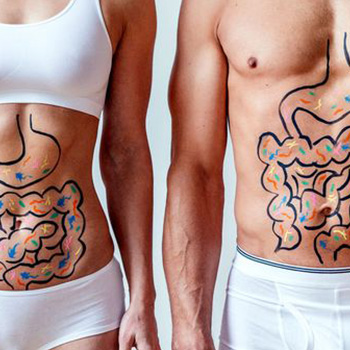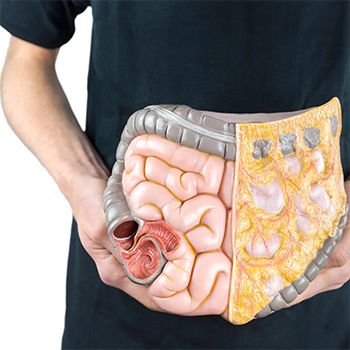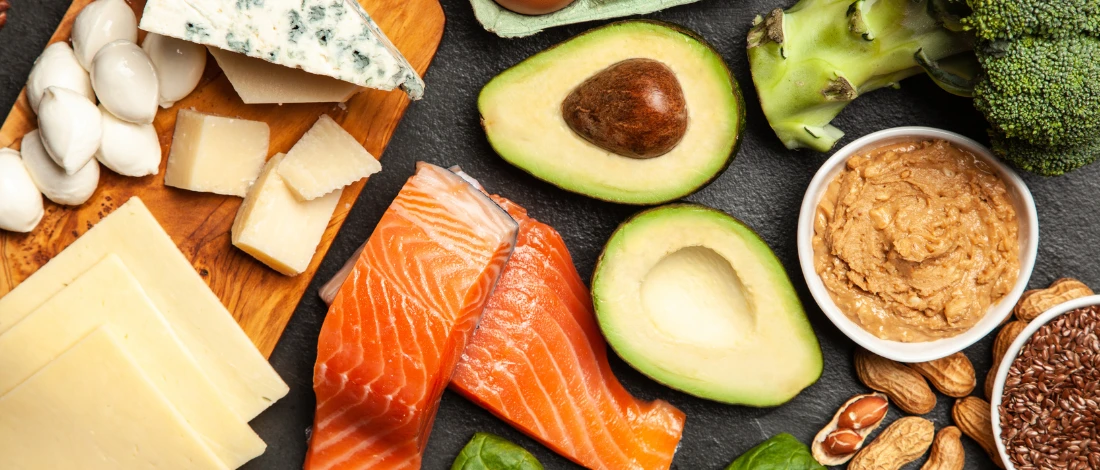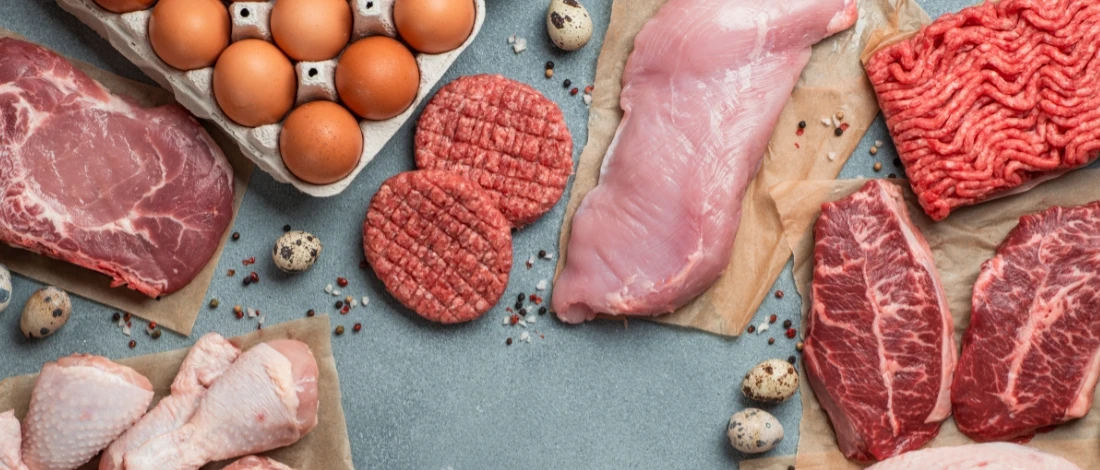Low-carb, high-protein, and fat diets like Keto are trending. Yet, the effectiveness of extreme diets, such as the carnivore diet, is less clear.
Given the mixed views on such drastic dietary shifts, we teamed up with nutritionists and doctors to research the carnivore diet's effects on gut microbiome.
Despite mixed opinions, with some blaming the carnivore diet for gut issues, my experience differed. Skeptical of hearsay, we adopted a systematic method to investigate and safeguard gut health.
Quick Summary
- The carnivore diet's focus on meat raises concerns about gut health, particularly regarding fiber and gut bacteria.
- The human body may efficiently digest meat, reducing the need for certain bacteria on the carnivore diet.
- This 2018 study by the National Library of Medicine specified that alterations in the gut microbiome are not necessarily negative, and it suggested that carb-free supplements can contribute to supporting gut health [1].
What's Involved In This Diet?
The carnivore diet involves mainly meat, with some fish and eggs, while excluding plants and high-carb dairy, resulting in minimal carbohydrate consumption.
You might cook with a bit of butter now and then, but say goodbye to plants and carb-loaded dairy. Basically, you're slashing carbs to almost zilch.
Why Is Gut Health Important?

Gut health is important because it influences disease resistance and can even reverse some illnesses, as shown by recent research on the carnivore diet.
The old belief was that your overall health hinged on your digestive system, especially your gut flora. Thankfully, recent years have seen the medical field zoom in on this [2].
Research demonstrates that a healthy gut directly influences disease resistance and can even reverse some illnesses.
It can even impact your overall mood as fewer bowel issues mean less bloating and more consistent energy levels.
As the understanding of the gut microbiome advances, it becomes increasingly clear that our diet plays a pivotal role in shaping its composition and, by extension, our overall health, - Dr. Rhonda Patrick, a well-known expert in biomedical science with a focus on nutrition
How Plants Have an Impact on Bacteria

It's widely accepted that plants offer a variety of vitamins and minerals crucial for your gut and its bacteria. While plants are nutrient-rich, it's overstretched to claim they're the sole source.
True, overcooked industrial meat loses many nutrients.
However, choosing quality cuts and proper cooking can still deliver vital gut nutrients. But then, what's the deal with fiber?
Yes, that is one thing you won't be adding to the carnivore diet meal plan. The only sources of dietary fiber are in plants, so what does that mean?
Some types of fiber are important for gut bacteria as it helps them flourish and multiply. The common idea is that by "starving" these microbes, you could end up with digestive issues [3].
However, on the carnivore diet, you may be a lot less dependent on many of these microbes, especially those that are heavily involved in breaking down carbs and starch.
Fiber boosts postbiotic short-chain fatty acids (SCFAs), key players in many health aspects. They patch up the colon and regulate blood sugar, crucial for carb-rich diets.
But, do SCFAs hold the same weight in a carnivore diet? It's a bit fuzzy. Some carnivore diet fans think the body might convert animal products into SCFAs. Yet, we need more experiments to nail this down [4].
So, How Does The Carnivore Diet Fare?

The carnivore diet's impact on gut health is debatable, as it omits plant-based foods known to nurture gut bacteria. Yet, research hints that followers might not need these nutrients as much. Since the things allowed to eat on a carnivore diet strictly include only meat, eggs, and fish, it lacks plant variety. Glancing at The American Gut Project's main findings, this absence might spell trouble.
Fiber is also going to be a substance that you won't get any of by eating meat only. The naysayers will immediately highlight that you'll become bloated and even constipated. However, when it comes to digesting meat, the human body is actually very efficient, especially when it's cooked right [5].
This means that while it may take longer for meat to make its way through your bowels, there will be less waste left over. For that reason, you're not as reliant on fiber to keep things moving along.
From a prebiotic point of view, you certainly could make more of an argument that a meat-eater could end up lacking certain bacteria. However, there are dietary supplements that could help you out that wouldn't interfere with your diet.
Basically, focusing on some nutrients that you may not need and can easily supplement, shouldn't be a deciding argument to avoid this diet altogether.
Could It Be Bad?

No, it may not always be bad or negative, as changes in the gut biome can vary in their effects, as highlighted in a 2013 study by the National Library of Medicine [6].
It is entirely possible that your body will be less reliant on certain bacteria and that the changes that could be measured won't have a negative effect.
At the same time, as with any other diet that makes extreme changes to your food intake, you do need to pay careful attention to any negative changes that may happen.
If you wish to learn more you should check out our article about carnivore diet side effects.
References:
- https://www.ncbi.nlm.nih.gov/pmc/articles/PMC5954204/
- https://medicalxpress.com/news/2018-03-gut-bacteria-essential-healthy-immune.html
- https://msystems.asm.org/content/3/3/e00031-18/figures-only
- https://blog.daveasprey.com/carnivore-diet-results/
- https://www.forbes.com/sites/quora/2017/03/20/why-cooked-meat-is-easier-for-humans-to-digest-than-raw-meat/
- https://www.ncbi.nlm.nih.gov/pmc/articles/PMC3957428/








